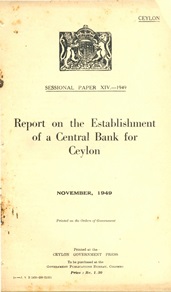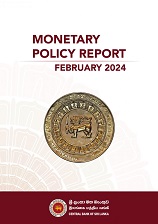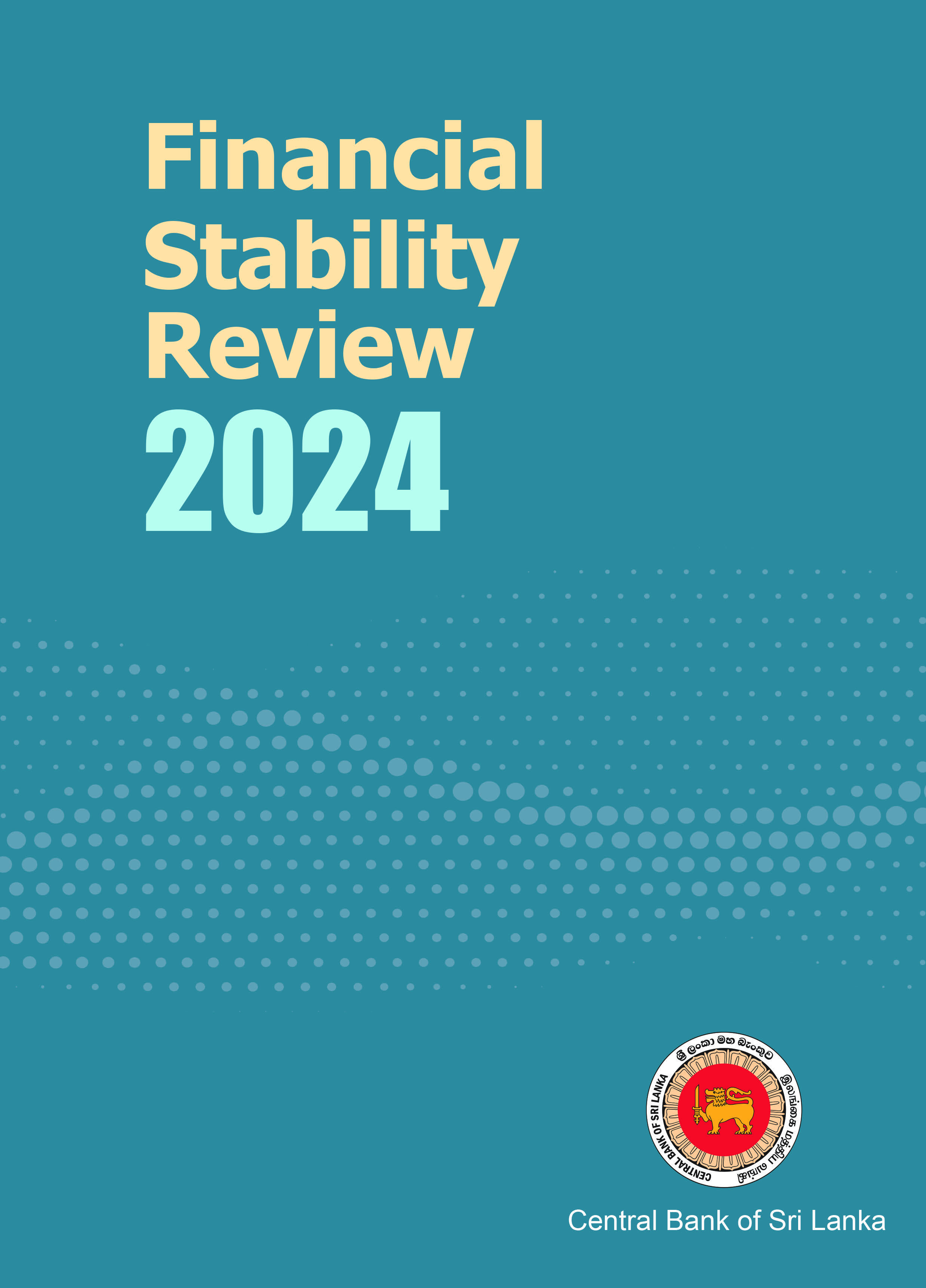The Central Bank of Sri Lanka (CBSL) wishes to clarify certain misrepresentations of facts currently circulating in the public domain on Indian Rupee (INR).
CBSL from time to time, authorises selected foreign currencies as designated foreign currencies with a view to facilitating international trade and cross-border banking transactions. Commencing May 1979, CBSL has occasionally recognised designated foreign currencies. Currently, following16 currencies have been authorised as designated foreign currencies under the provisions of the Banking Act and the Foreign Exchange Act, with the latest inclusion being the INR in August 2022.
List of designated foreign currencies
- Australian Dollar
- Canadian Dollar
- Chinese Renminbi
- Danish Kroner
- Euro
- Hongkong Dollar
- Indian Rupee
- Japanese Yen
- New Zealand Dollar
- Norwegian Kroner
- Pound Sterling
- Singapore Dollar
- Swedish Kroner
- Swiss Franc
- Thai Baht
- United States Dollar
The main purpose of authorising foreign currencies as designated foreign currencies is to promote trade and investment relations between the two countries. Further, it would reduce the additional transaction costs associated with dual conversion and will support promoting trade transactions through the formal banking channel. The legal tender in Sri Lanka for domestic payments and settlements will remain as Sri Lanka Rupees (LKR).
Trade between Sri Lanka and India has grown rapidly after the Indo-Sri Lanka Free Trade Agreement which came into force in March 2000. In view of the expanding economic activities between India and Sri Lanka, particularly in promoting existing trade relations between the two countries, on several occasions CBSL has communicated to the Reserve Bank of India (RBI), the Monetary Authority of India, its willingness to authorise INR as a designated foreign currency in Sri Lanka. Accordingly, in August 2022, with the concurrence of RBI, INR was authorised by CBSL as a designated foreign currency in Sri Lanka. However, the use of INR as a designated foreign currency in Sri Lanka is subject to any restrictions imposed by RBI.
Authorising INR as a designated foreign currency would bring many advantages to Sri Lanka including the facilitation of smooth banking transactions relating to INR especially for small-scale traders, encouraging traders to use banking channels for trade transactions over informal channels, reducing additional transaction costs associated with the dual conversion of INR into USD and thereafter into LKR and vice-versa. Moreover, since India remains a large source country for tourism in Sri Lanka, authorising INR as a designated foreign currency for banking transactions would add more convenience to Indian tourists.
The authorisation of INR as a designated currency does not make INR a legal tender in Sri Lanka for domestic payments/settlements. Any transaction executed between or among residents in Sri Lanka shall be in LKR, being the legal tender in Sri Lanka.
Accordingly, CBSL requests the public not to be misled by the misrepresentation of facts circulating in the public domain on INR.










